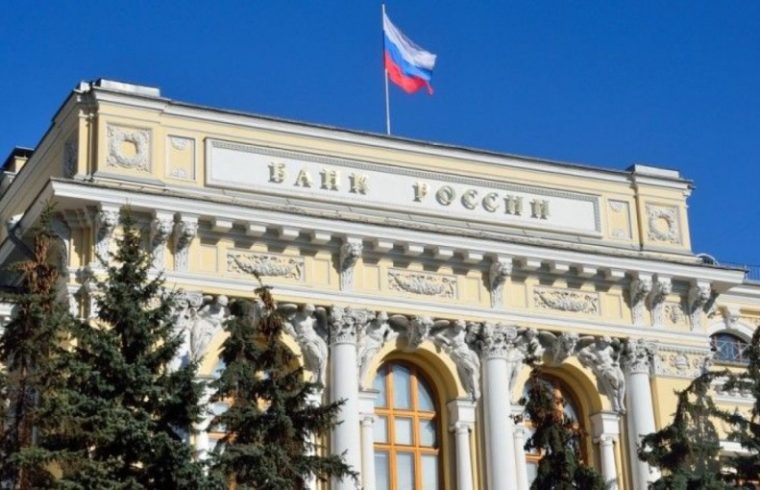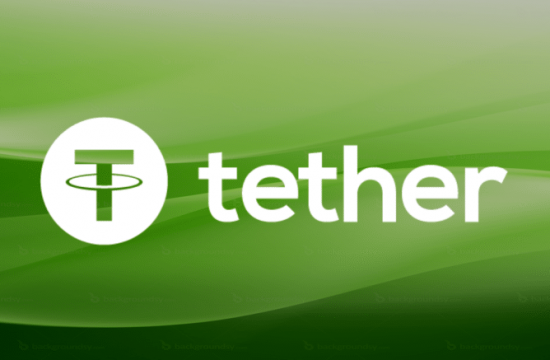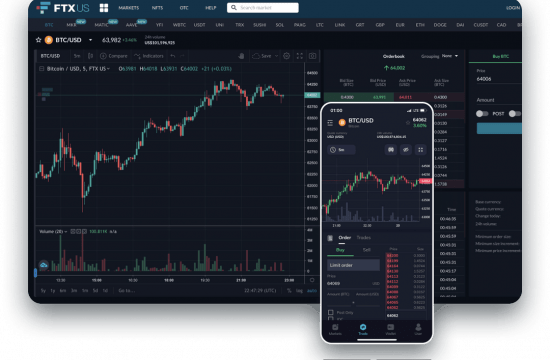Russian President Vladimir Putin said cryptocurrencies have a “potential future” as a means of payment but sees no reason to be used to settle oil contracts at this point.
The Russian leader said crypto money finds more real-world use cases. However, Putin was less sure about the fundamentals that were driving the valuations of cryptocurrencies like Bitcoin, which is trading at a price of upwards of $57,000.
To insulate the Russian economy from Western sanctions, the Kremlin has been trying to reduce the dependence on the U.S. dollar in the country’s foreign trade. Despite being a long-term priority, Putin said Russia will be forced to rely on the greenback for some time, adding that he’s not convinced that Bitcoin can replace the buck in settling oil trades.
“It’s too early to talk about that for now because cryptocurrency can of course be a payment unit, but it is very unstable. To transfer funds from one place to another, yes, but I think it’s still premature to trade, especially to trade energy resources. It has a place to exist and can be used as a means of payment, of course, but trade in oil, say, or other primary materials and energy sources – still, it seems to me, it is a bit early to talk about this,” Putin said.
Earlier in August, Putin approved the National Plan for Countering Corruption for 2021–2024, which proposed inspections of officials who are obliged to disclose their digital assets and currency. Russian officials, as well as their spouses and children, are required to report their crypto holdings to the tax authority if the total transaction amount exceeds RUB 600,000 in a calendar year.
Before that, the Russian government asked public officials who own or trade cryptocurrencies to disclose their holdings, and the first reporting deadline was June 30, 2021.
According to an order signed by Putin, Russian public officials who were required to report their cryptocurrency holdings will have their disclosures audited by the central bank and other authorities.
Within this context, Putin has instructed the Bank of Russia to cooperate with the ministries of finance and labor to propose crypto-asset inspections.
Failing to disclose data or deliberately providing false information is a criminal offence. Penalties for unreported crypto transactions include a jail term of up to three years and a fine ranging from 500,000 rubles to 2 million rubles.
In an effort to foster regulatory clarity in the Russian cryptosphere, the central bank has proposed fresh guidelines to govern market participants and floated the idea of a digital ruble.












